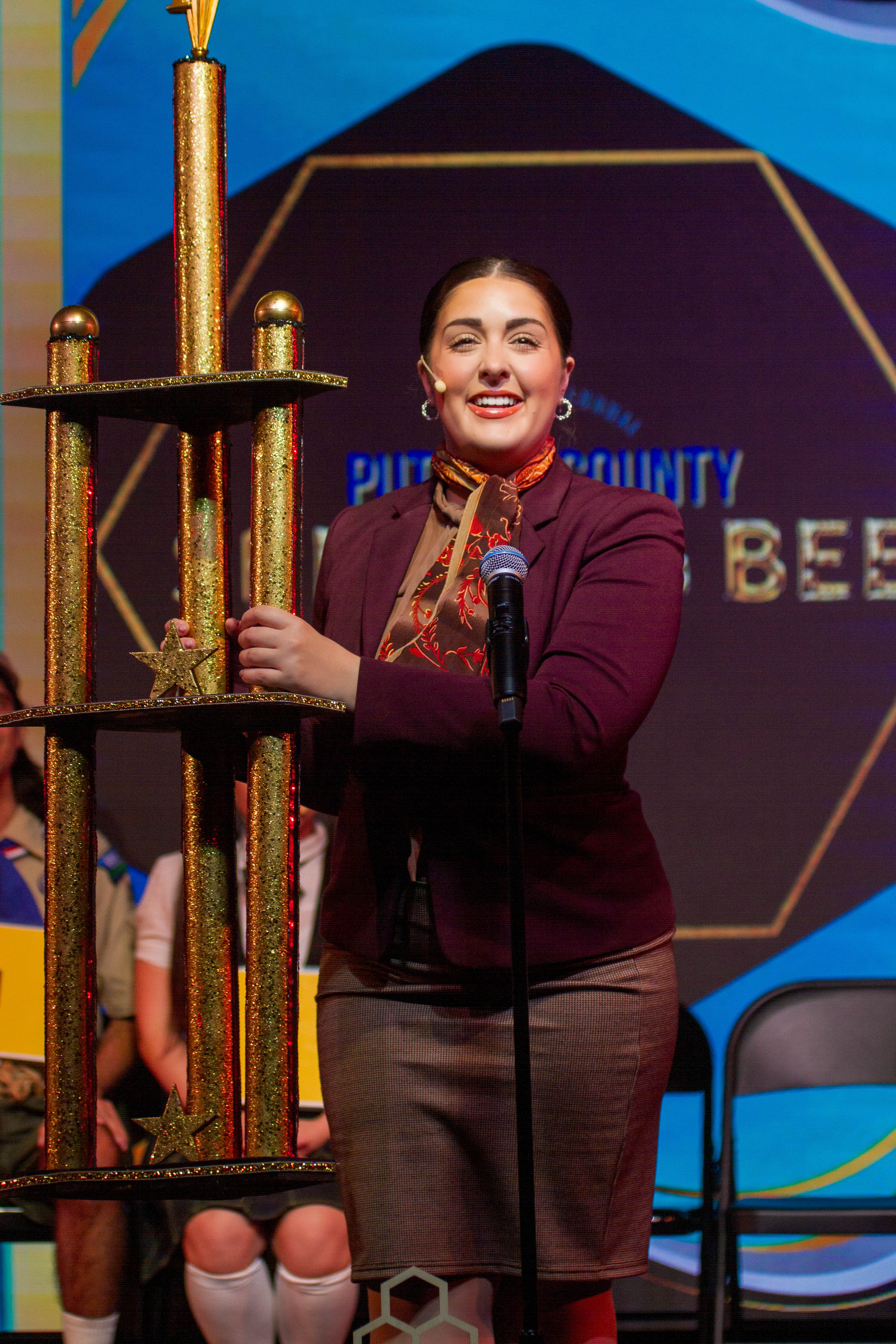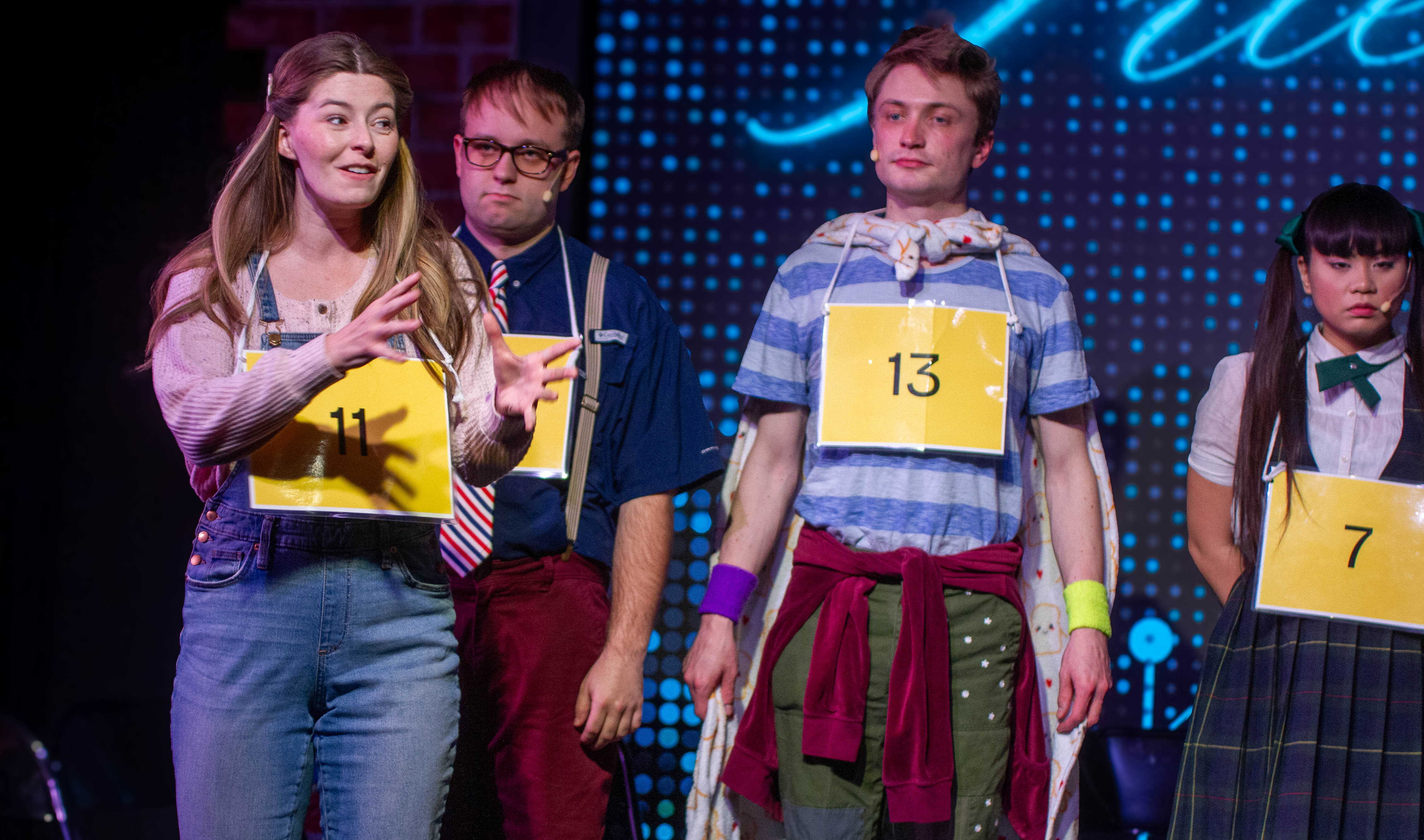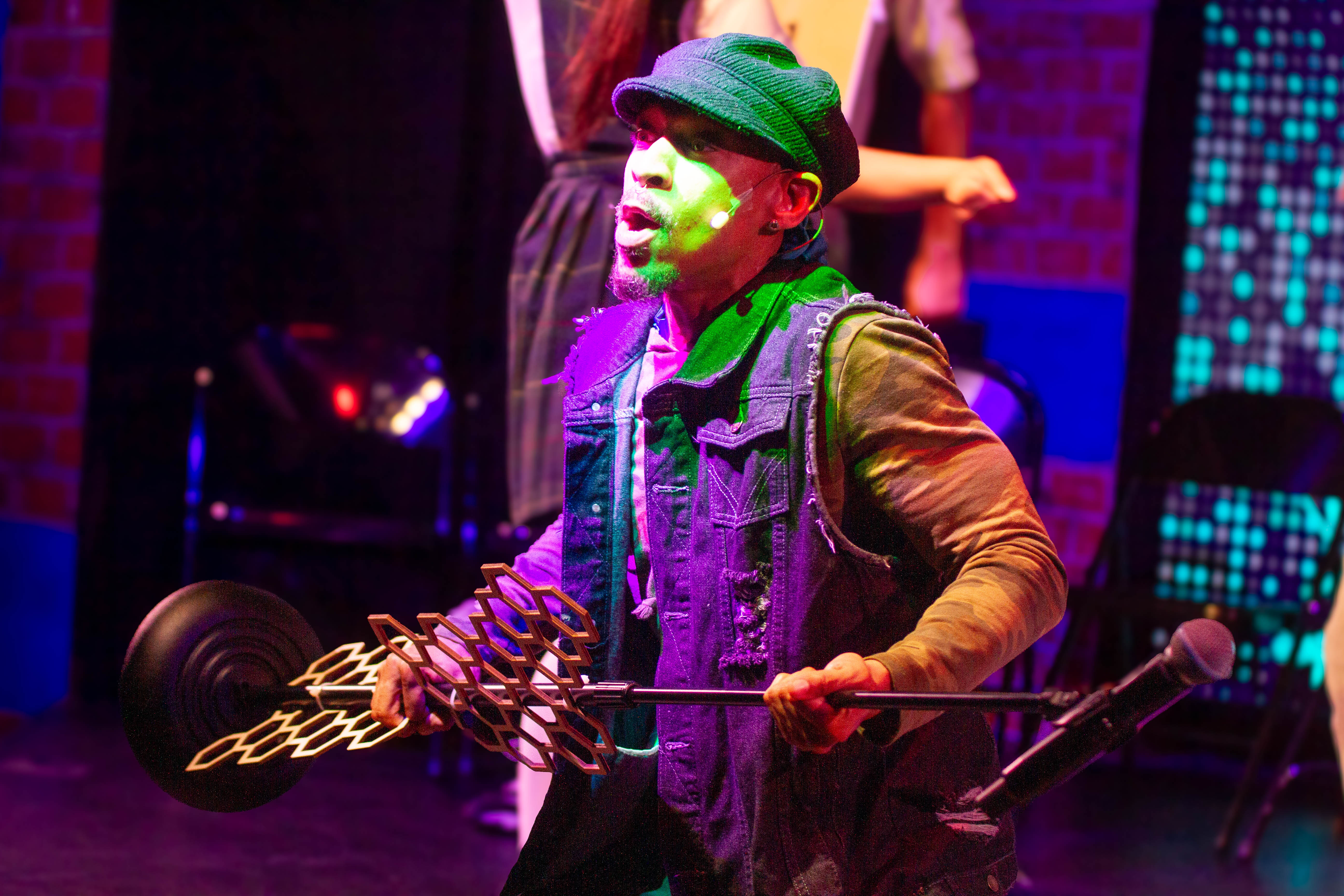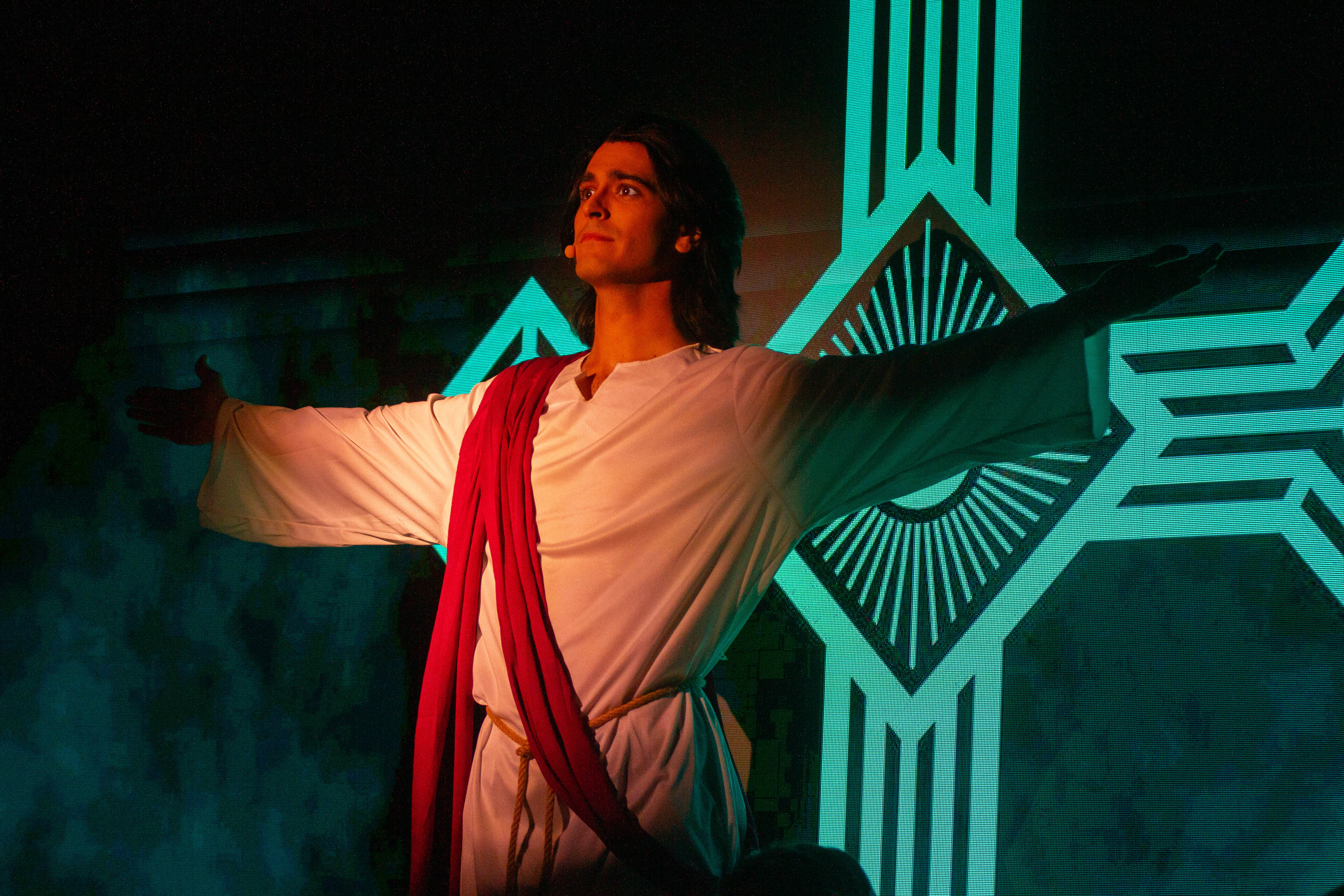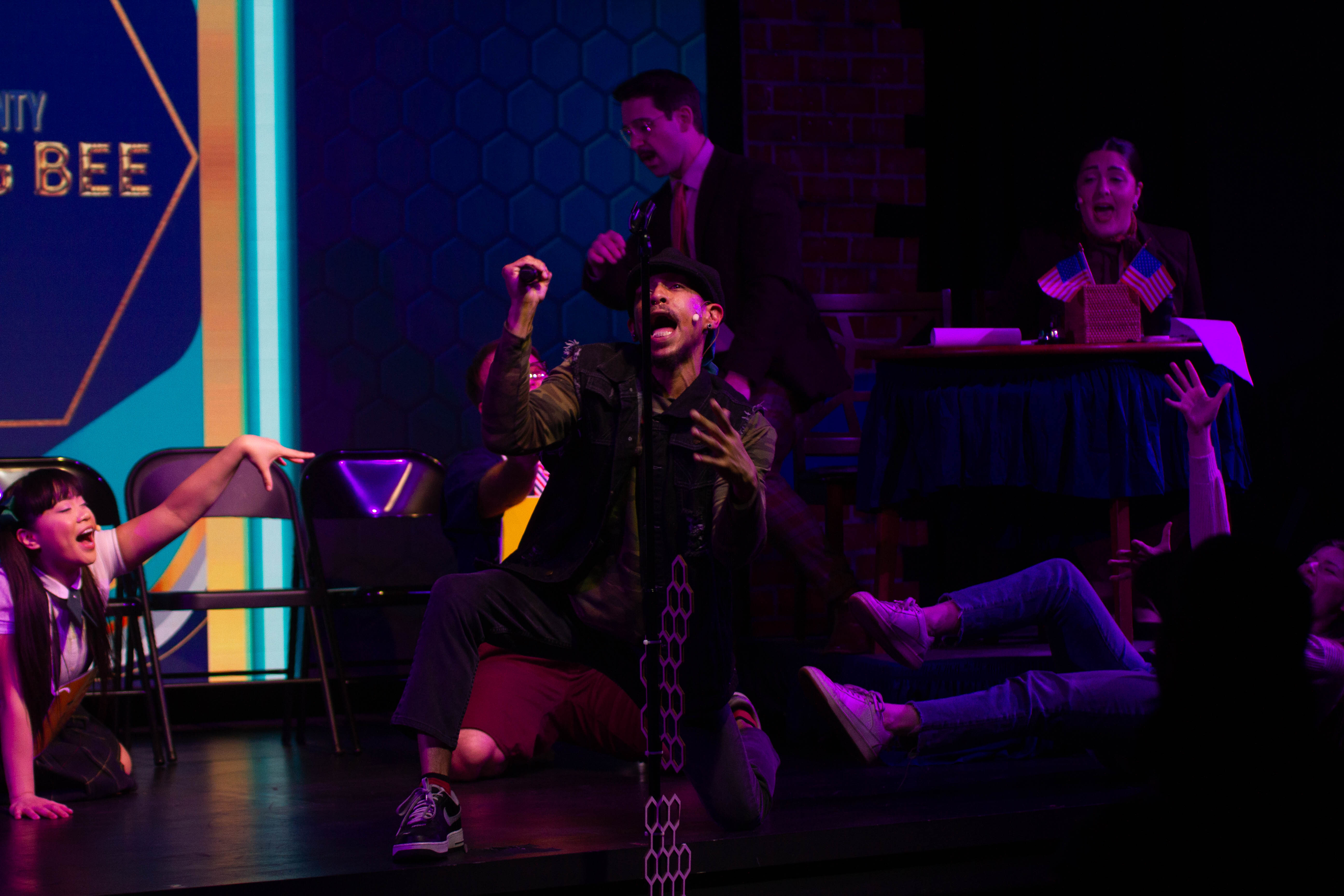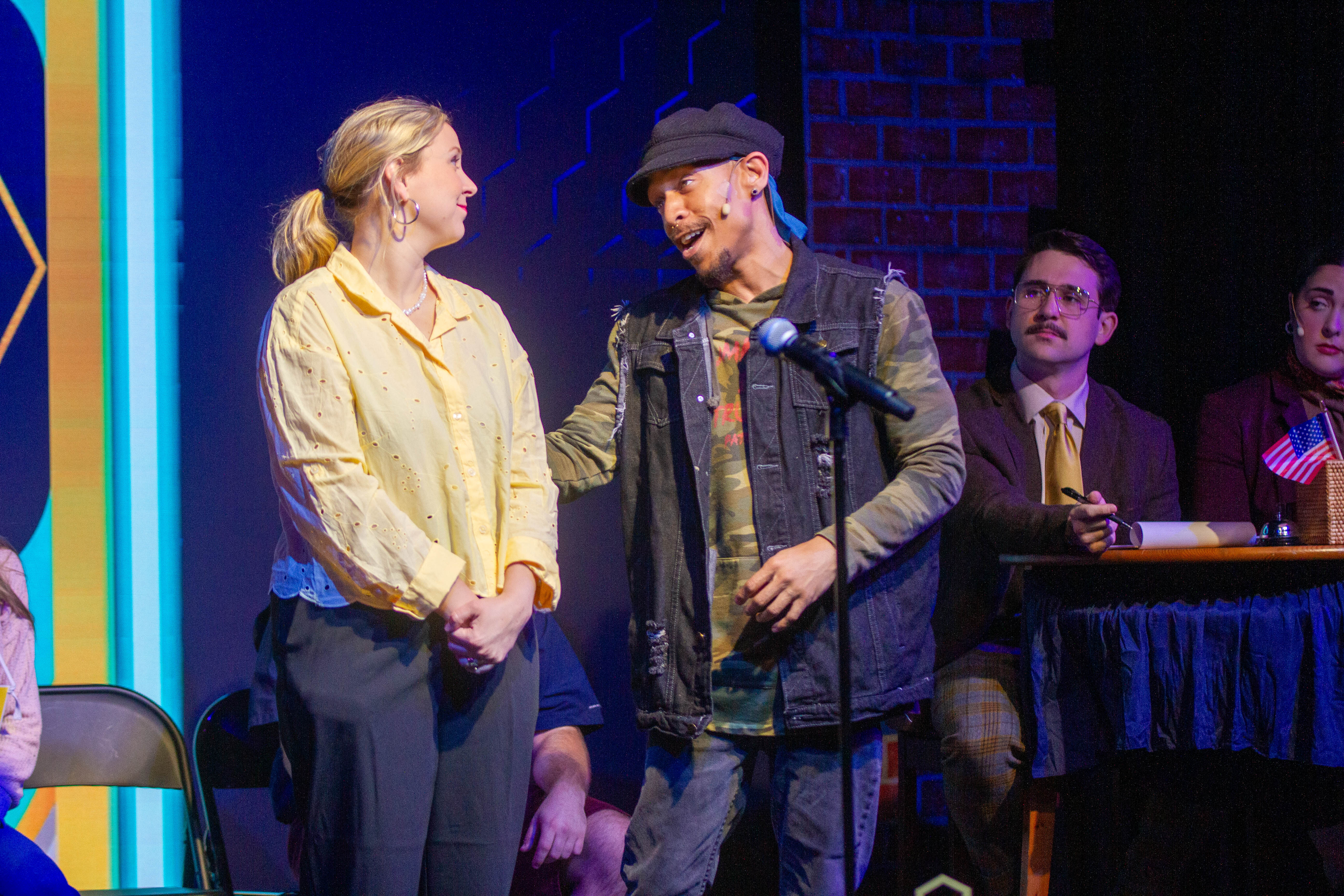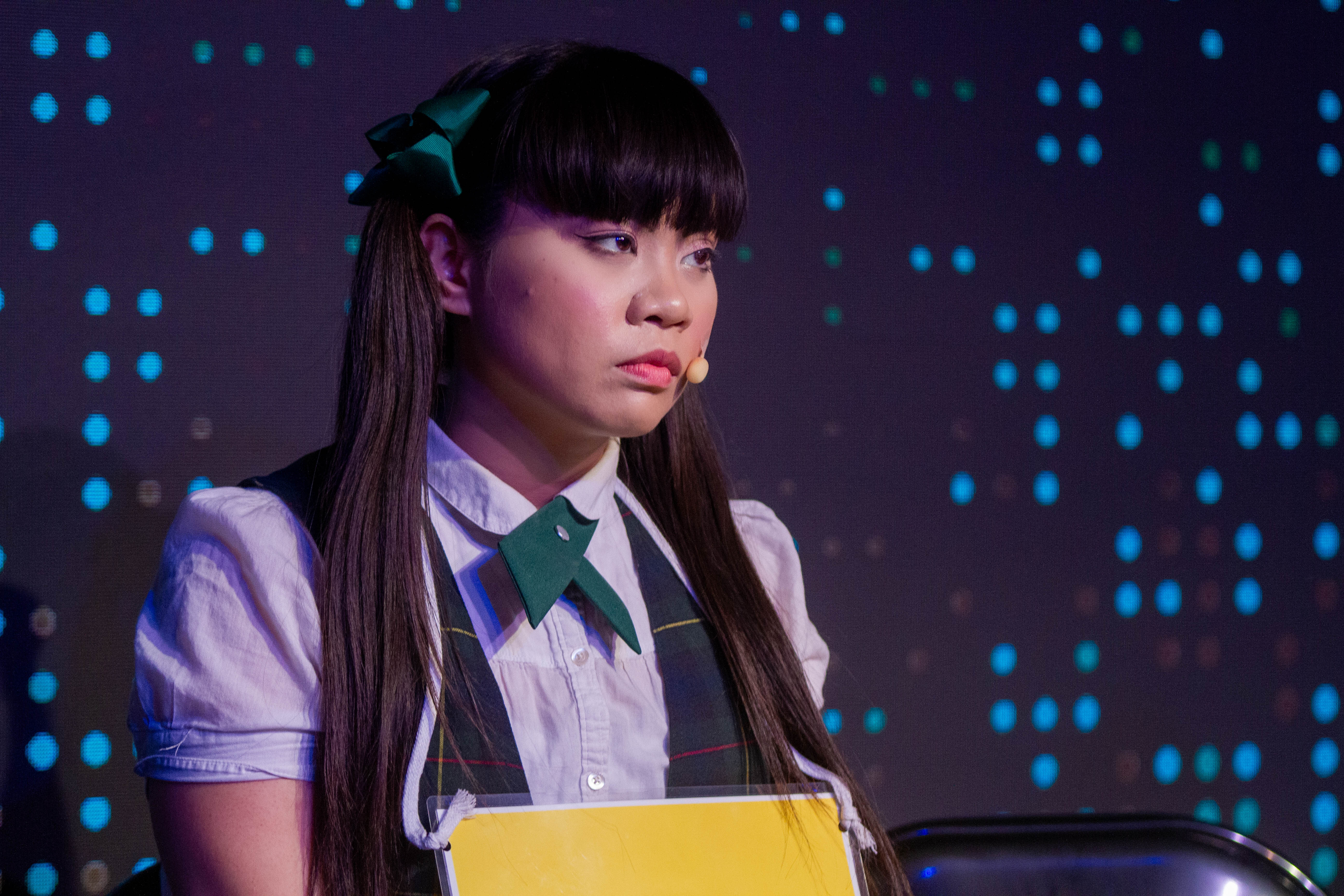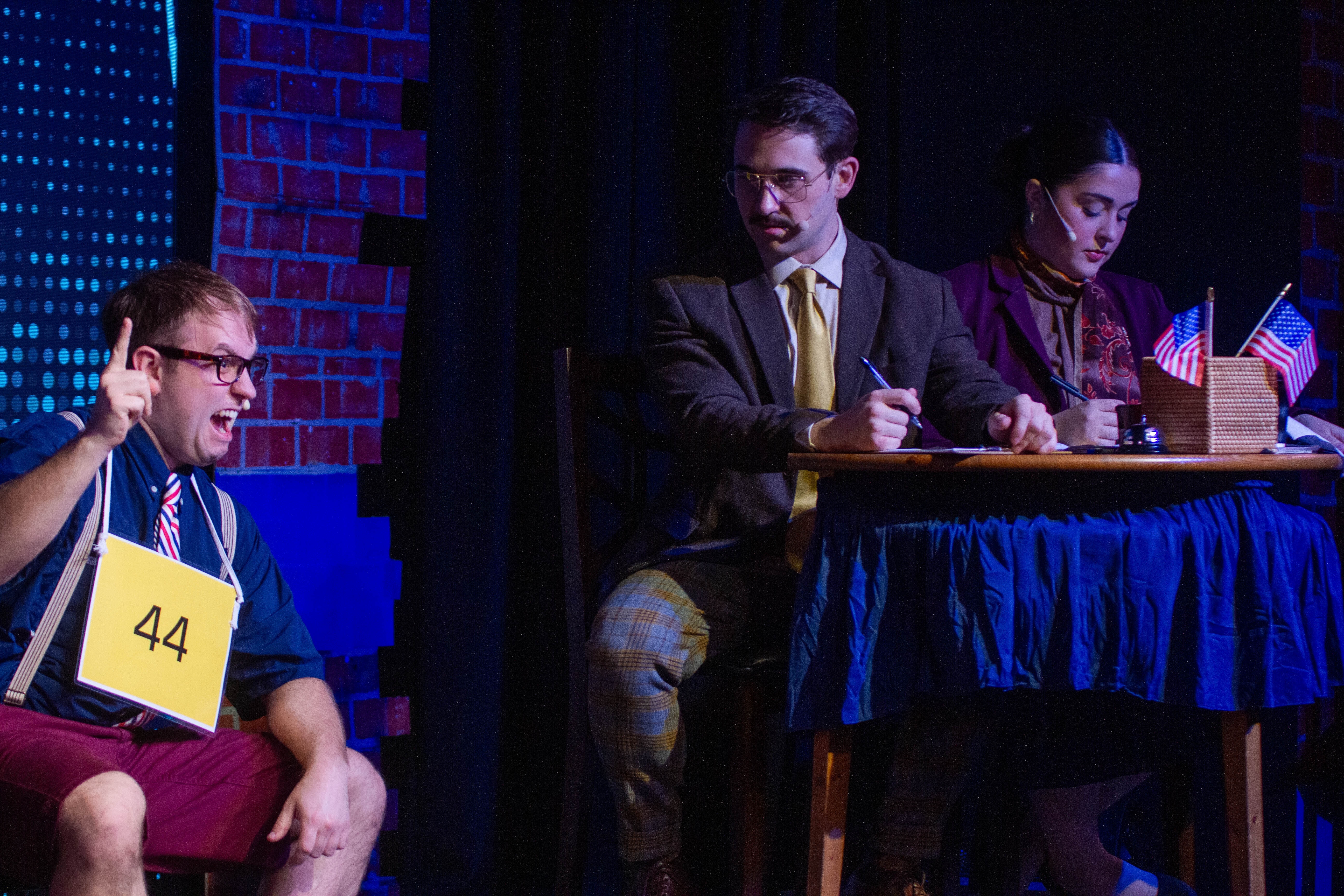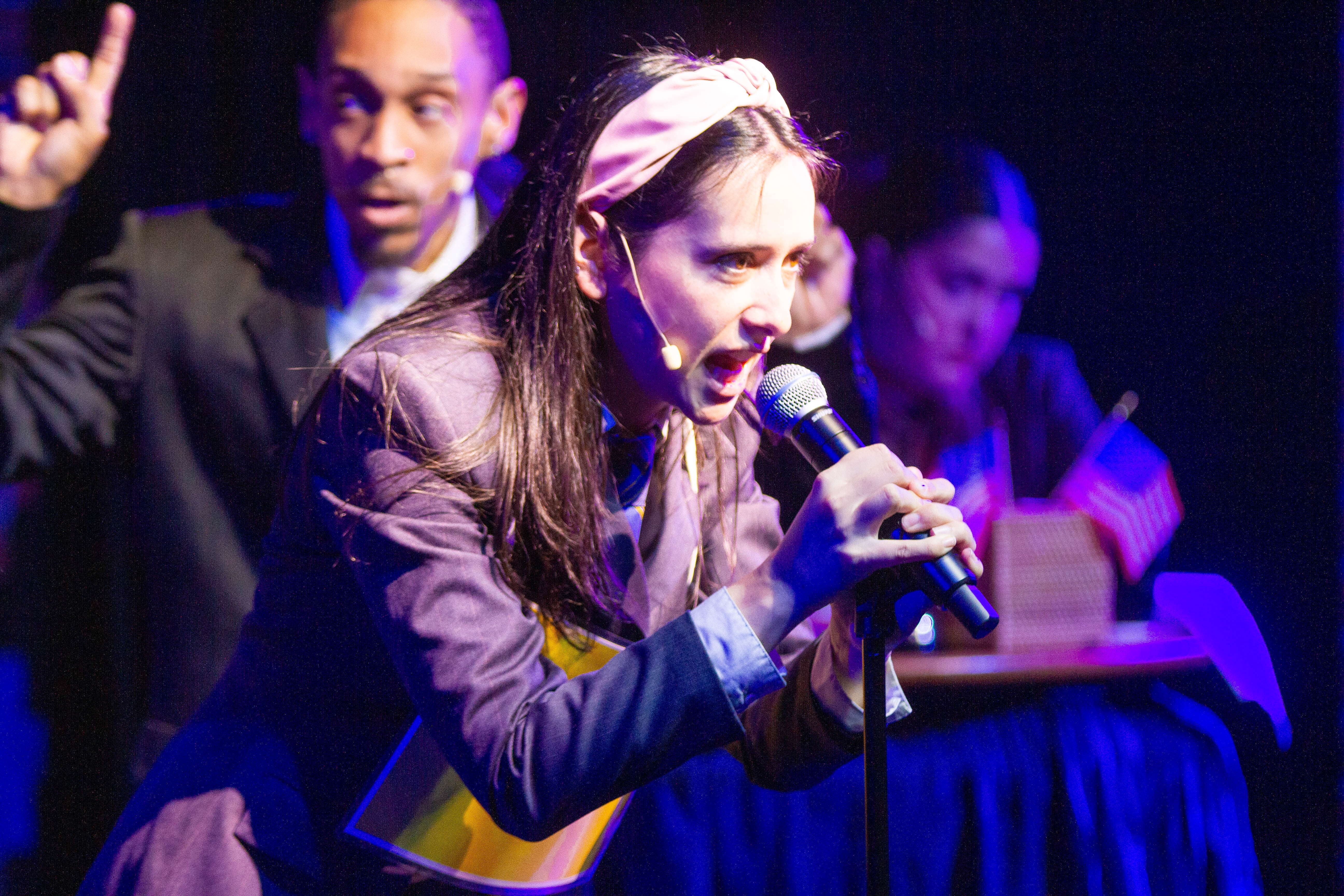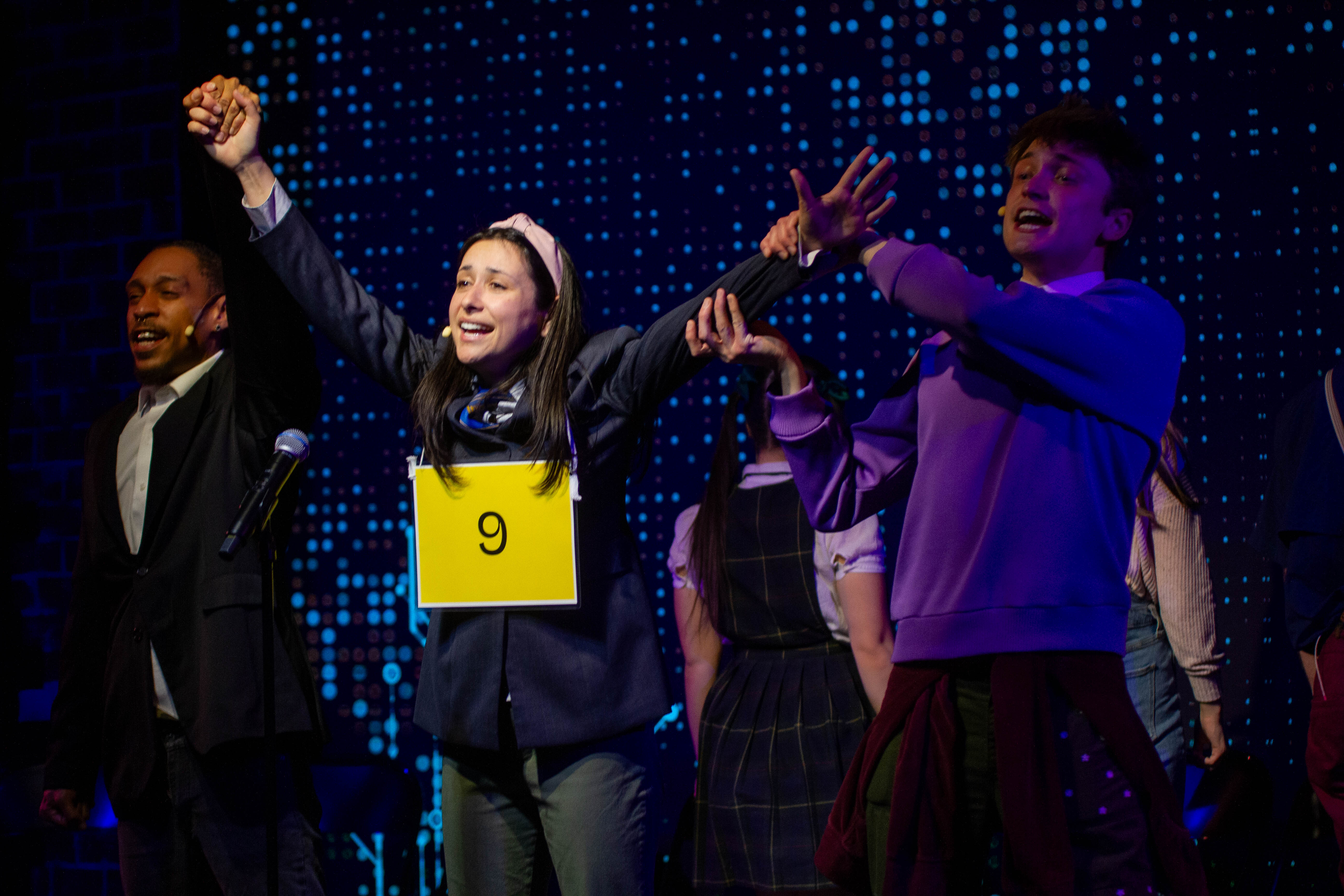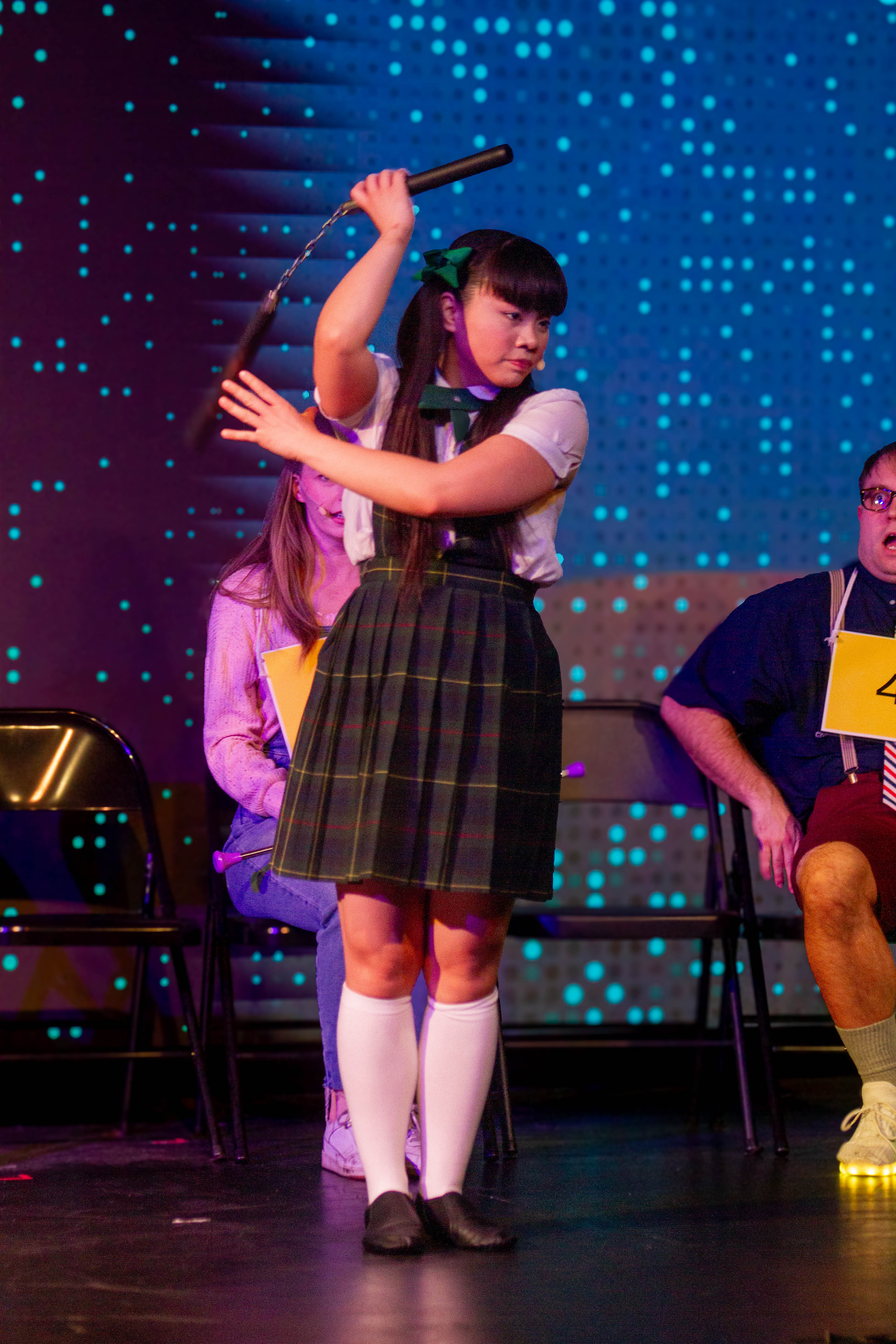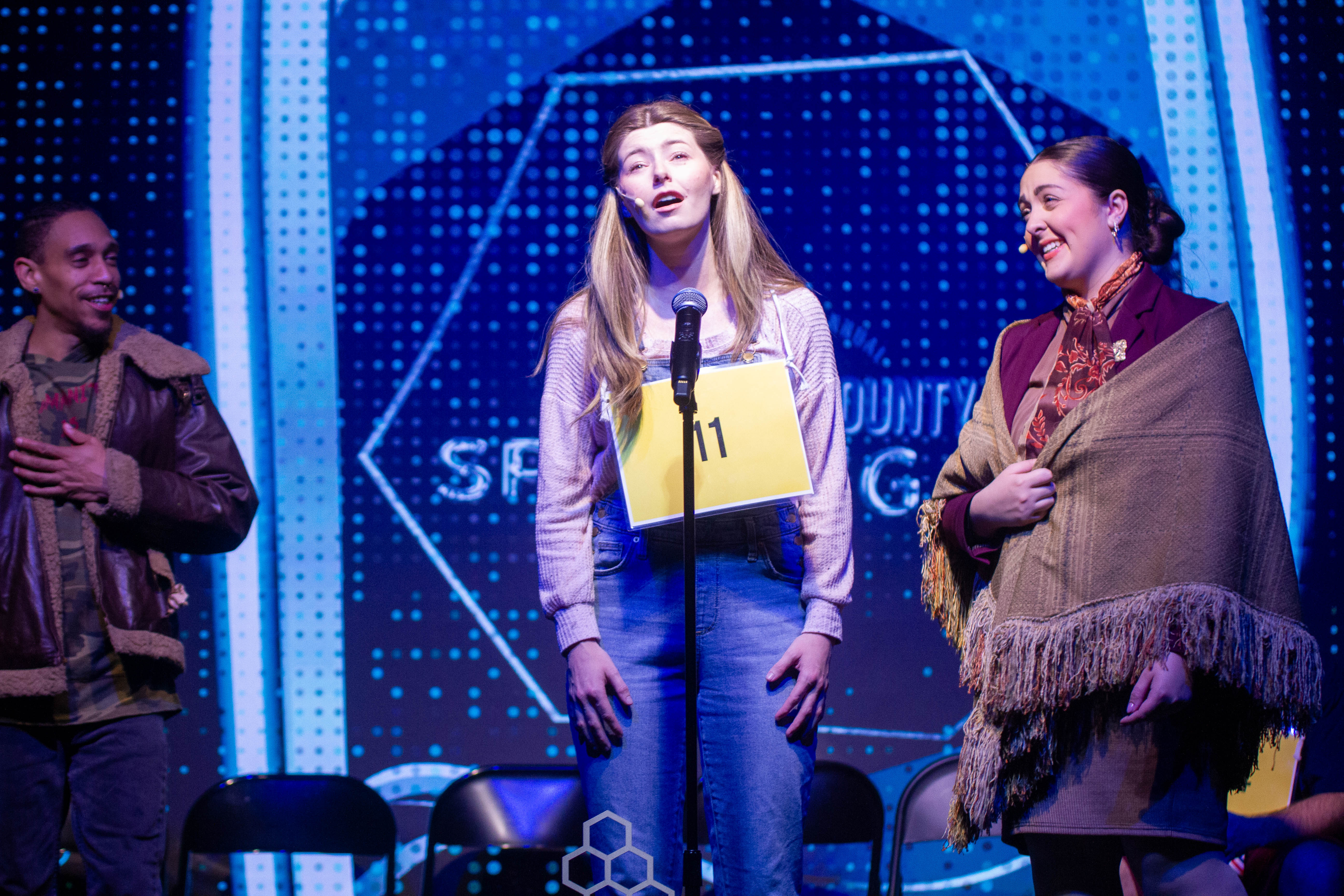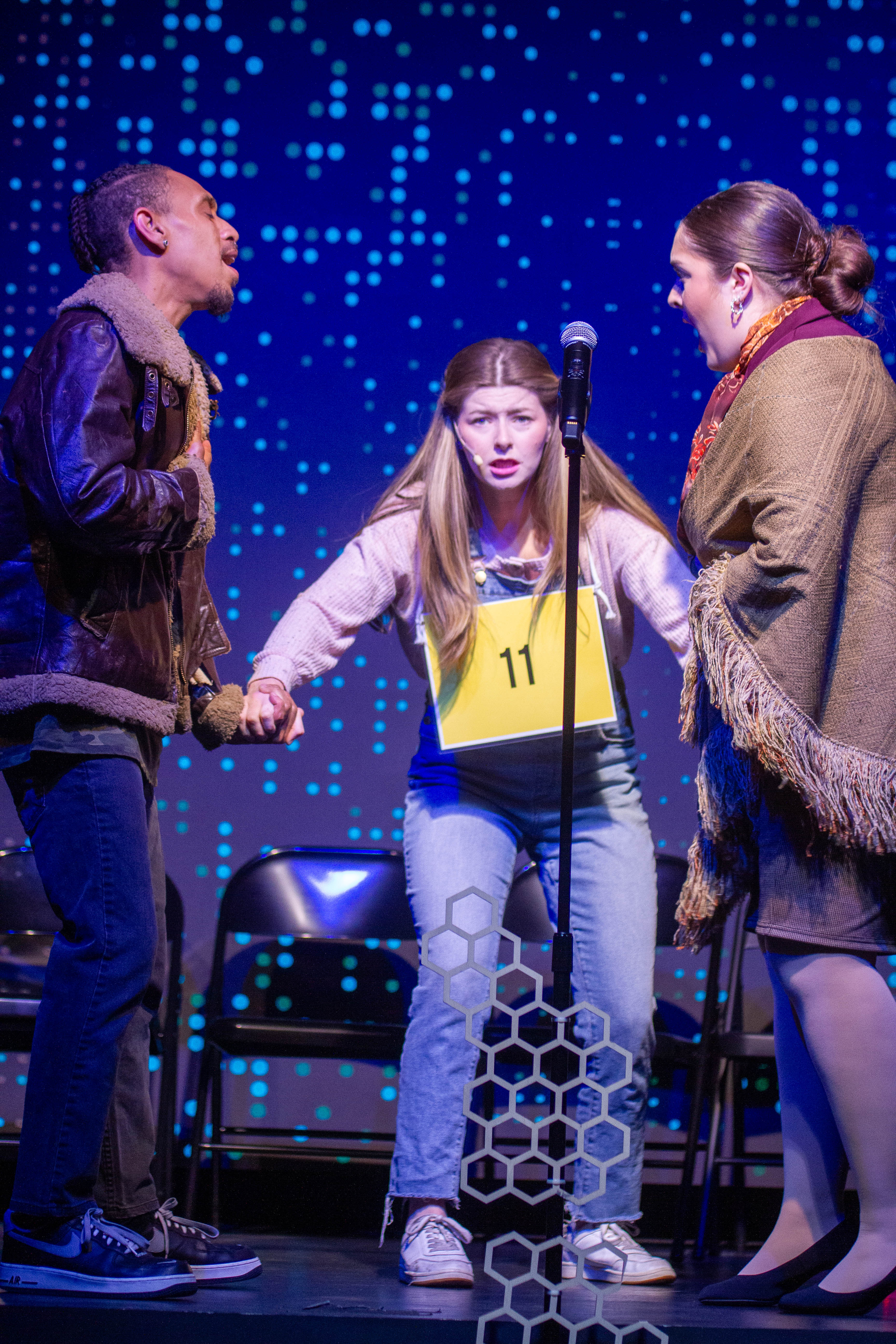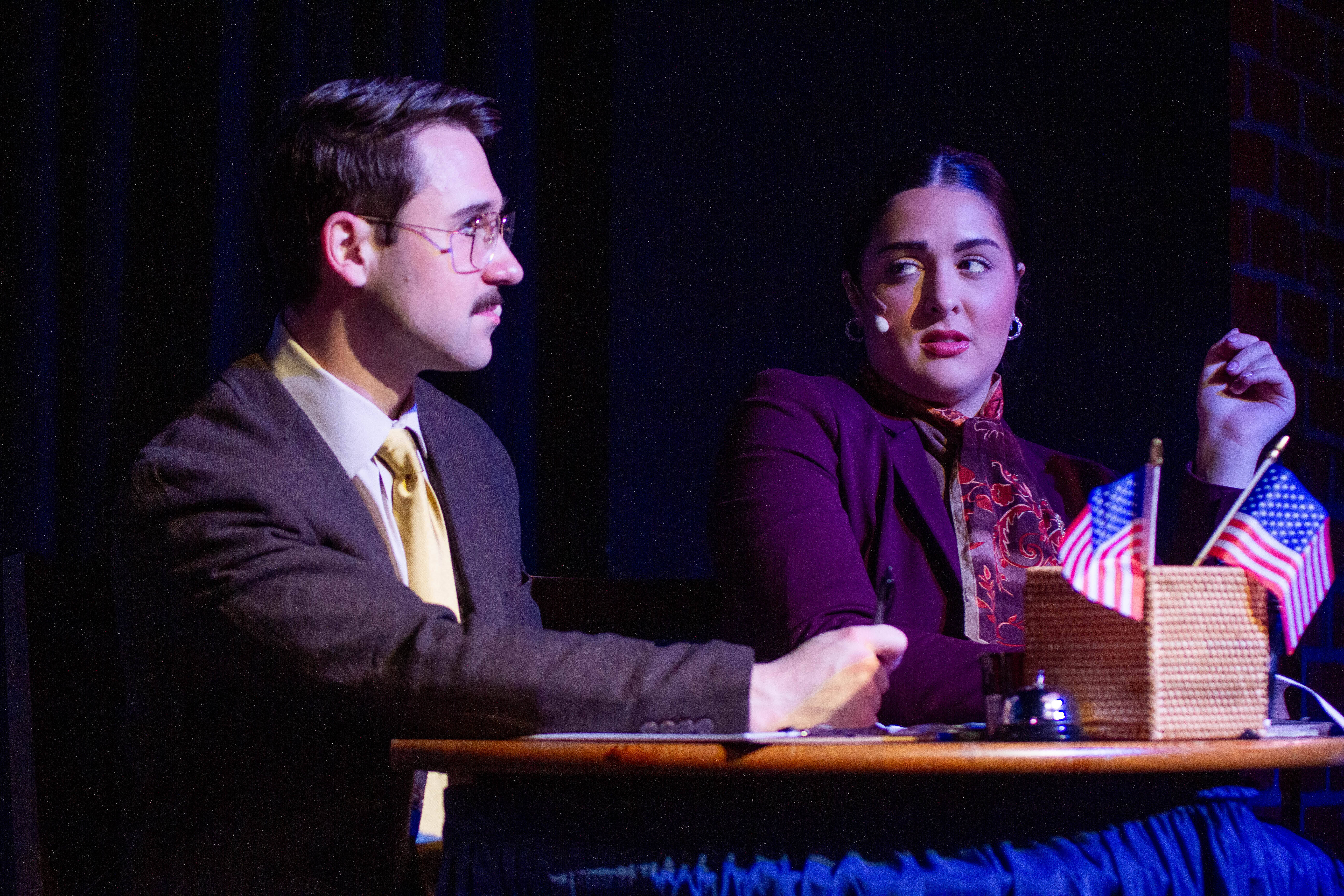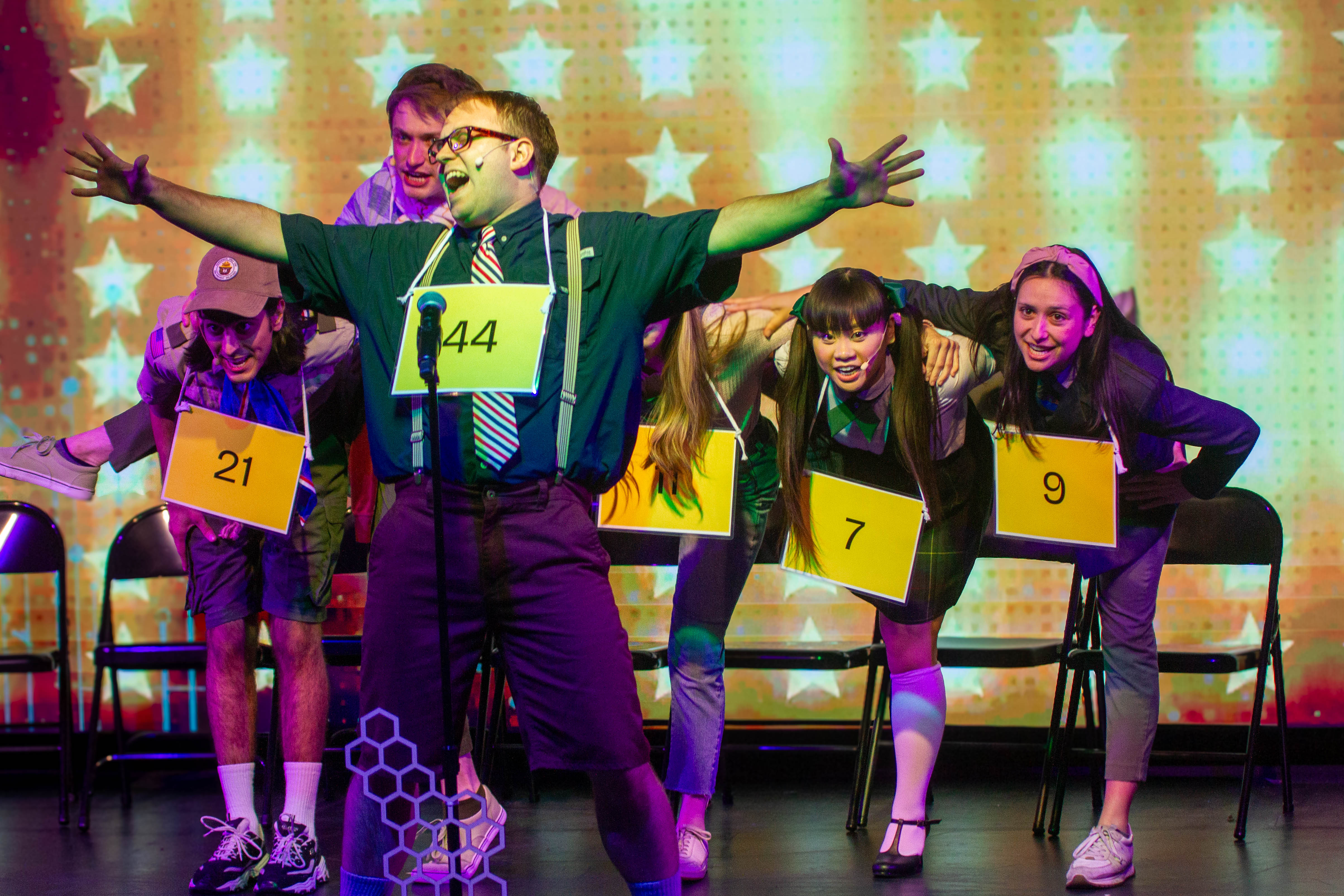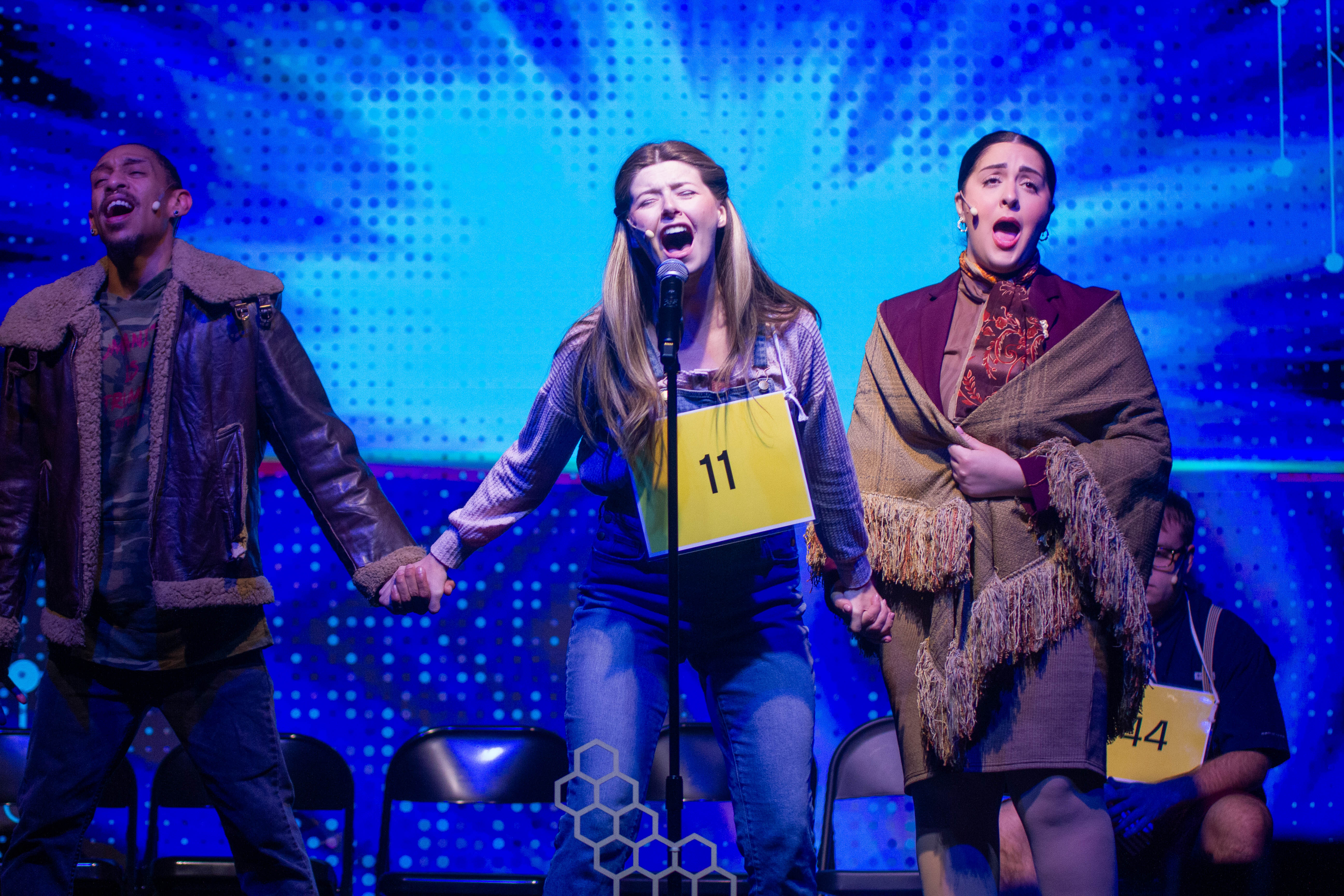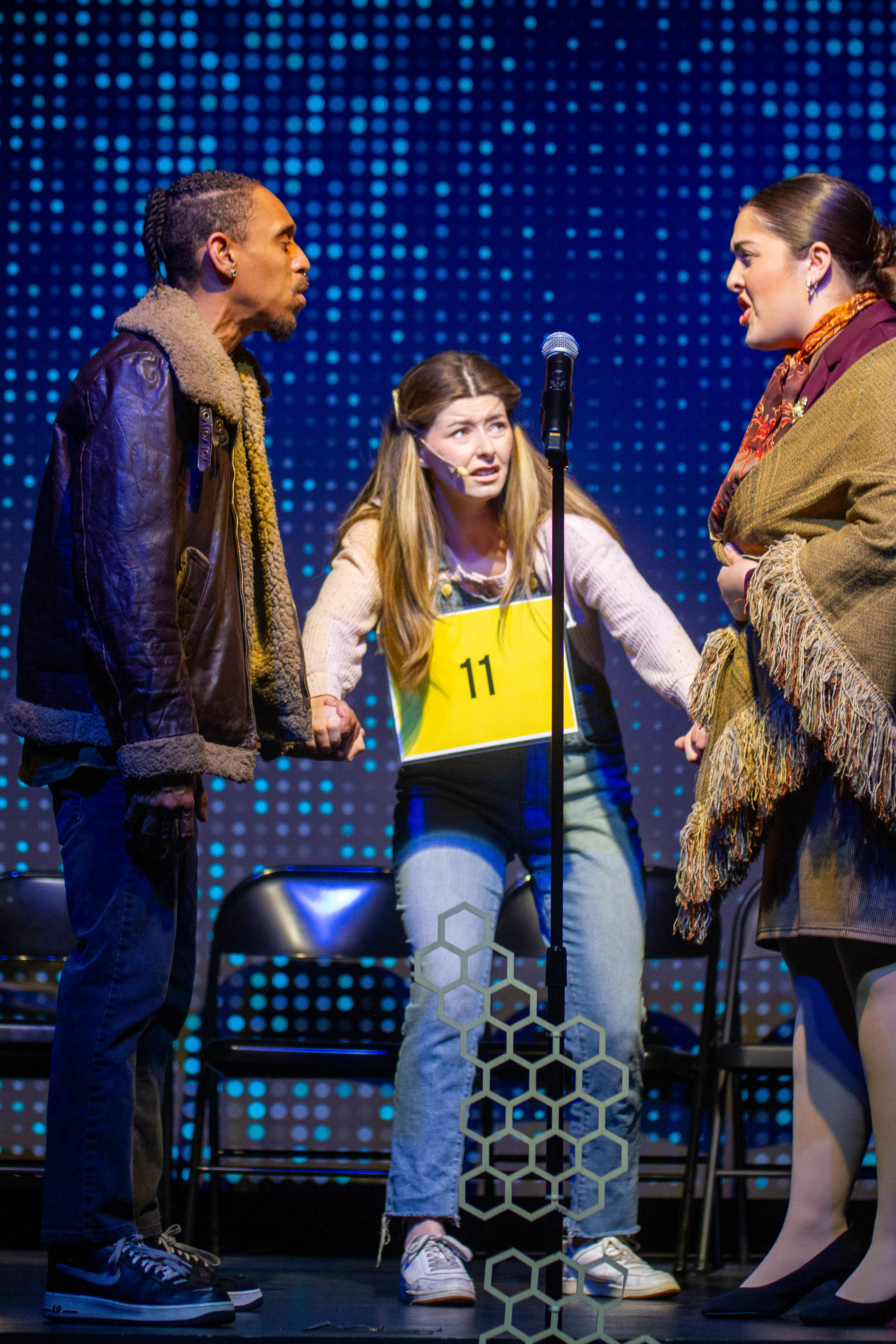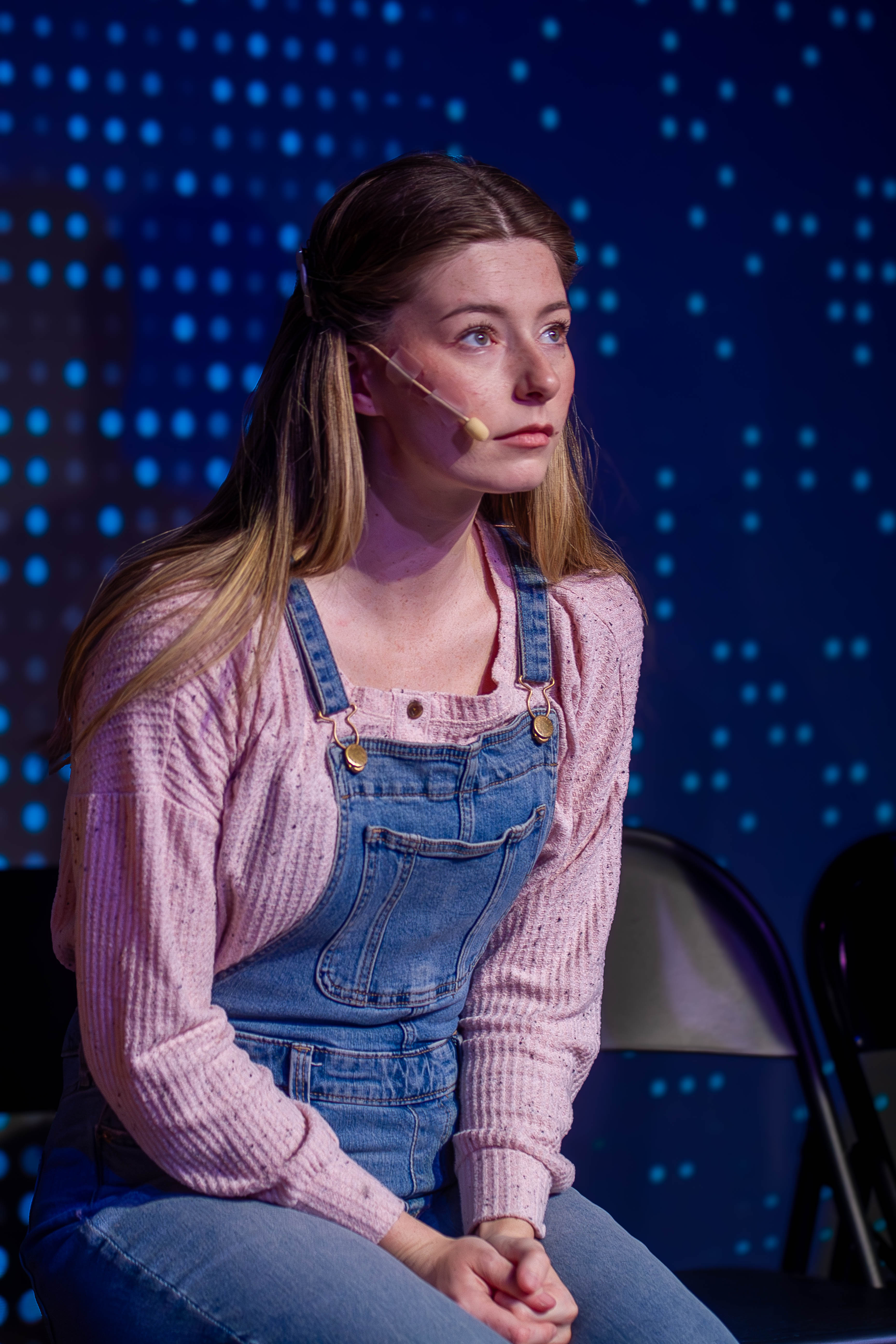
At its surface, The 25th Annual Putnam County Spelling Bee is a sharp, funny musical—a competition full of awkward adolescents, unpredictable chaos, and whip-smart humor. But as a director, I’m not interested in just staging “funny.” I’m drawn to the undercurrent of longing, vulnerability, and fragility that pulses beneath the jokes. My philosophy with Spelling Bee—and, more broadly, with all my work—is that laughter is most powerful when it sits next to pain, and comedy is richest when it is grounded in truth.
For me, every piece of theatre is an excavation of human need. Spelling Bee is no exception. Each character arrives with a hidden hunger: Marcy’s desperate need to break free of perfectionism, Olive’s quiet ache for love, Barfée’s drive to be seen and respected, Leaf’s search for worth beyond expectation. My role as director is not to impose cleverness on top of the material, but to uncover what’s already there—to help the actors strip away artifice and find the bruised, beating heart underneath.
I am relentlessly focused on making sure every moment—whether comic or tender—emerges from character, not from schtick or gimmick. In rehearsal, this means asking actors to lean into discomfort, to explore what’s unspoken, to find where their own lives intersect with the character’s fears and desires. We’re not playing “types”—we’re playing people. And in a show like Spelling Bee, where the humor is often broad and the pace breakneck, that grounding becomes the anchor that allows the audience to laugh without ever losing sight of the humanity.
Visually, my philosophy balances theatricality with restraint. I embrace bold visual tools—like the LED design we used here—not to distract, but to heighten stakes and amplify emotional resonance. The stage should breathe with the characters’ inner worlds; it should flex between chaos and quiet. I’m constantly looking for contrast: stillness against speed, light against shadow, the individual against the crowd. These contrasts carve out space for the audience to feel, not just watch.
What drives me most is the belief that theatre should hold up a mirror—not to our polished, social selves, but to the raw, unvarnished parts we’re often afraid to show. Spelling Bee becomes a metaphor for this. These kids stand under the harsh light of competition, spelling their hearts out, their vulnerabilities fully exposed. And in that crucible, they (and we) discover that imperfection is not failure—it’s connection.
In the end, my philosophy is simple but uncompromising: Make them laugh, yes—but make them feel seen. Honor the absurd, but never abandon the truth. And remind the audience that under the costume, under the spectacle, under the clever wordplay, what we are staging is nothing less than the beautifully messy condition of being human.


